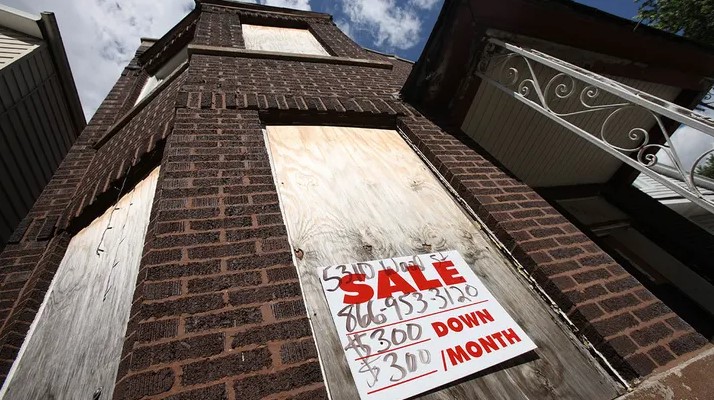Published by FOX Business | September 10, 2024
FTC issues over $20M in refunds to victims who fell for home-flipping scams in recent months
Whether it’s empty promises of lucrative pay days from flipping houses, fake property postings or deceptive mortgage relief schemes, real estate scams are on the rise, experts warn.
The issue with these types of scams is that victims are at risk of losing a sizable amount of money given the monetary value of these transactions.
Given the prevalence of mortgage- and real estate-related fraud scams, it’s vital for buyers and sellers to be careful with each step of a mortgage transaction, David Bediz, owner of Bediz Group LLC and relator at Keller Williams Capital Properties, told FOX Business.
Since the beginning of the year, the Federal Trade Commission (FTC) has sent refunds to consumers who fell victim to such scams. In March and July, the FTC issued more than $20 million in refunds to consumers who had paid for real estate investment training programs that allegedly made empty promises about earning significant profits from “flipping” houses in two separate schemes.
In August, it issued $222,000 in refunds to consumers harmed by a deceptive mortgage relief operation known as Lanier Law, which collected upfront fees from homeowners with fake promises to lower their monthly payments, according to the FTC.
Another scam that’s been circulating is fraudulent wiring information sent to buyers, according to Bediz.
“Scammers know when buyers are about to transfer large amounts of money to either pay a deposit on a pending contract, or fund settlement with their downpayment,” Bediz said.
If someone’s email address and login information has been compromised, scammers can send wiring instructions that look like they are from a title company. This means “buyers can send hundreds of thousands of dollars to the wrong account – and there is no way to get it back,” Bediz said.
Another common fraud scam is a foreclosure “bail out,” which is when a homeowner is convinced to sign away rights to their home in exchange for the promise of “catching up” a mortgage loan, according to Phil Crescenzo Jr., vice president of the southeast division at Nation One Mortgage Corp.


